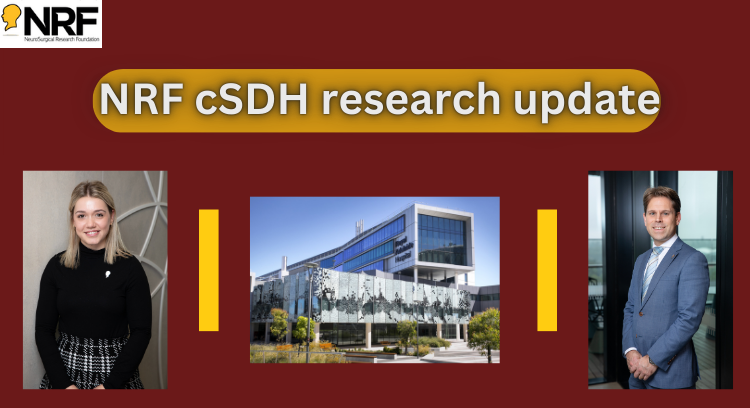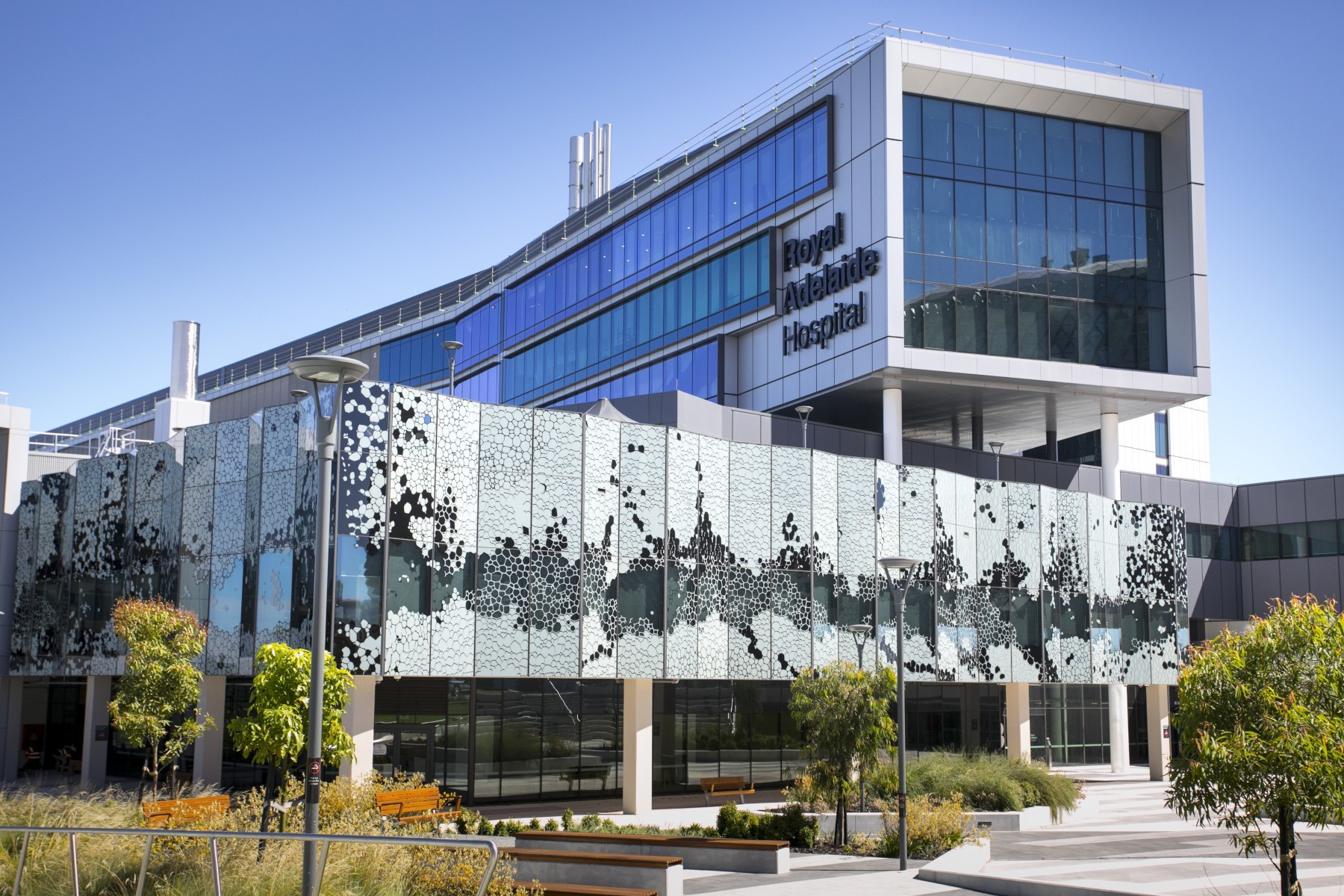Haematoma Research at the Royal Adelaide Hospital
What is cSDH and why is it important?

Dr Adam Wells and his team at the Royal Adelaide Hospital are gaining global recognition for their pioneering research on Traumatic Brain Injury (TBI) and Chronic Subdural Haematoma (cSDH).


Background
Traumatic brain injury (TBI) is a leading cause of hospitalisation, disability and death worldwide, and affects approximately 99 per 100,000 Australians annually. TBI management is complex and influenced by many factors, including the bloods ability to clot. Impaired blood clotting, or coagulopathy, can cause excessive bleeding or excessive clotting, and has great implications for the medical and surgical management of TBI.
What is cSDH?
Chronic Subdural Haematoma or cSDH is an extremely common neurosurgical condition where aged blood products collect on the brain surface. This can exert life-threatening compression of the brain, and often requires surgical evacuation to resolve. For up to one third of patients who undergo surgical evacuation, their bleed will recur requiring further surgical management. Despite the rising prevalence of cSDH within our population, the factors associated with recurrent bleeding are not well characterised.
The Study
The team at the Royal Adelaide Hospital studies titled: Pre-operative ROTEM in Elective Chronic Subdural Haematoma Evacuation (RiSE)” and “Characterising Fibrinolysis in Chronic Subdural Haematoma (FiCS)” are aiming to better define this condition.

The use of Rotational Thromboelastometry (ROTEM) in real-time blood clotting analysis is pushing the boundaries of patient care, potentially paving the way for better treatment and improved outcomes for these patients.
cSDH places a large burden the healthcare system and patients themselves due to longer hospital stays and repeat surgeries which increase the risk of infection and stroke.
This project has international collaborations which include The University of Cambridge and The Cambridge University Health Trust based in Addenbrokes Hospital, the United Kingdom enabling this pivotal cSDH research.
‘’In the future, our work may pave the way for the development and implementation treatment guidelines to enable rapid correction of clotting abnormalities in TBI’’

Ms Lola Kaukas BHlthSci (Hons), GradCert
Research Officer, Department of Neurosurgery, Royal Adelaide Hospital

Thanks to your generous donations we were able to fund this vital research alongside funding from the Hospital Research Foundation Group.
Dr Wells is a past recipient of the NRF Abbie Simpson Clinical Fellowship, which he credits with facilitating the establishment of the Neurosurgical Research Group at the RAH. Supported by Clinical Research Officer Lola Kaukas, the group has now participated in over 20 clinical research projects including clinical trials and international collaborations.
Read about our other recently funded TBI research here
Stay up to date with our latest news as we follow this story closely with more stories and video interviews. Coming soon…




